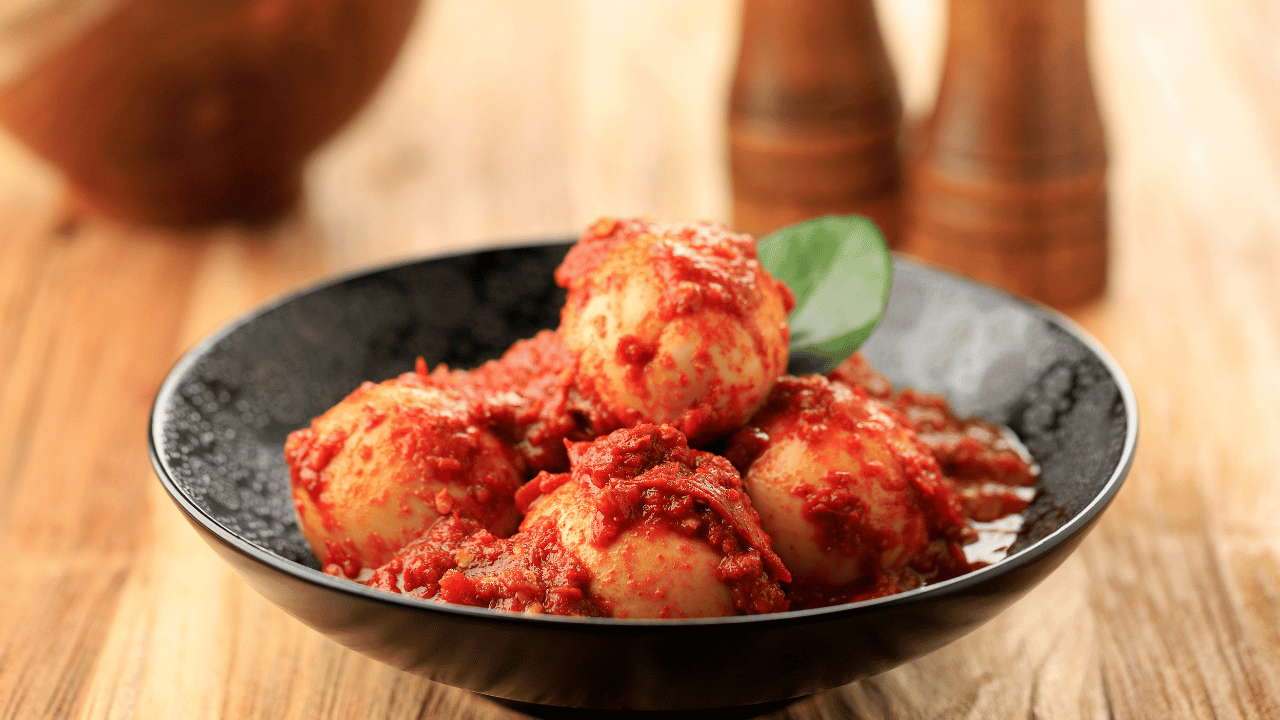The month of Ramadan is synonymous with the long-awaited moments of fasting and sahur. After a day of enduring hunger and thirst, this moment is an opportunity to pamper your stomach.
However, for people suffering from stomach acid or ulcers, choosing the menu for fasting and sahur can be a challenge. Choosing the wrong food or drink can have fatal consequences, namely a recurrence of stomach ulcers.
Therefore, it is important for ulcer sufferers to pay attention to their nutritional intake, especially when fasting. Here are some foods that ulcer sufferers need to avoid during the month of Ramadan to prevent recurrence.
Food to Avoid for Ulcer Sufferers When Fasting
For people with ulcers, fasting can be a challenge in itself. Choosing the wrong food when breaking the fast or sahur can trigger stomach ulcer symptoms such as pain, nausea and bloating.
Here are some types of food that should be avoided:
1. Foods with High Fat Content
Fat can weaken the muscles that maintain stomach acid, so the acid can rise and cause pain. Red meat, fried foods and ice cream are examples of high-fat foods that should be avoided.
2. Spicy Food
Research has shown that consuming spicy foods can cause stomach discomfort and trigger a burning sensation for those with stomach acid problems. This happens because the capsaicin content in spicy foods can irritate the esophagus and cause acid reflux.
3. Sour Fruits and Sour Vegetables
Vegetables and fruit are healthy, but some types can make stomach ulcers worse. Citrus fruits such as oranges and lemons, as well as raw tomatoes and onions, have a sour taste that can trigger reflux.
4. Caffeinated and Carbonated Drinks
Caffeine and soda can increase stomach acid production and slow digestion. Alcohol, coffee, tea and soda are examples of drinks that should be avoided.
5. Foods that are Difficult to Digest
Cakes, chocolate and cheese are delicious, but these foods are difficult to digest and can slow stomach emptying. This can increase stomach acid and make ulcers worse.
Benefits of Fasting for Ulcer Sufferers
Have you ever heard that fasting can help cure stomach ulcers? Is that right? Apparently, according to experts, fasting provides benefits for ulcer sufferers. Research shows that there are no abnormalities found in people with functional ulcers when fasting. In fact, they feel their stomach ulcers are reduced and they feel healthier.
1. Improve your Diet
Ulcers often arise due to irregular eating patterns and consumption of foods that trigger gastric problems, such as fatty, sour, spicy foods, fizzy drinks and smoking habits. Fasting helps ulcer sufferers have a more regular eating pattern, which play an important role in the recovery process.
2. Self-Control for Mental Health
Ulcers can also be caused by psychological problems such as stress or psychosomatic illnesses, which increase stomach acid. When fasting, individuals practice psychological self-control, which is an important factor to maintain health. A healthy soul is key to a healthy life.
Remember, various physical illnesses often have their roots in mental or mental problems. For example, psychosomatic diseases that increase stomach acid, hypertension that increases due to emotional disorders, and asthma that recurs when stressed.
Therefore, it is important for ulcer sufferers to regulate their diet and maintain their mental health, especially during the month of Ramadan. Better to prevent than to cure, am I right?
References:
https://www.halodoc.com/artikel/5-makanan-yang-perlu-dihindari-pengidap-maag-saat-puasa



1 comment
Hello everyone, I am from Wembley, Britain. I want to write this testimony to tell others and thank Dr. Odunga for what he has done for me. The first 12 years of my marriage I had 5 miscarriages and I was called all sorts of names by my mother-in-law and this made my marriage life very hectic and a burden of sorrow. I contacted Dr. Odunga for help and I will say that he is a very strong and honest man and he indeed helped me solve my problem. I saw his email in a testimony and I contacted him, little did I know it would be the end of all my problems. After 2 days of contact, I received a fertility herb and he told me to use it. The herb worked and my husband even loved me more and bought me expensive things. One afternoon, I went to a nearby hospital and came back home with the positive result of my pregnancy and after 9 months I gave birth to a baby boy. Ever since I contacted Dr. Odunga, my story has been different. I have 3 children at present and I am very happy in my marriage. Please, contact him at odungaspelltemple@gmail.com OR Whats App him +2348167159012 to help you too
Leave a comment